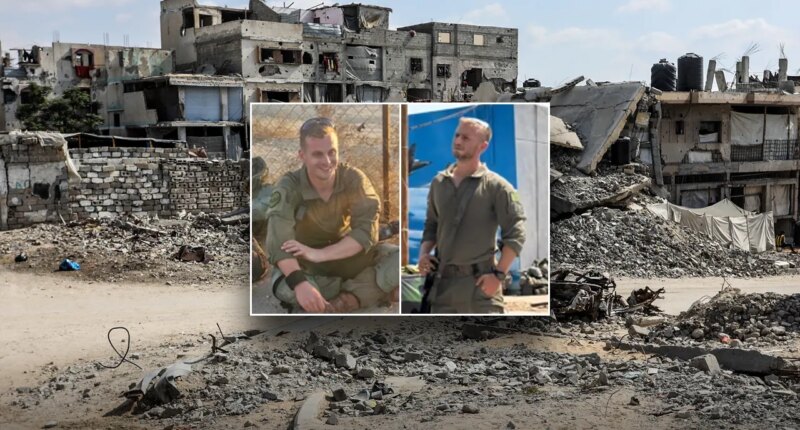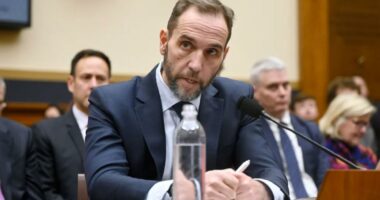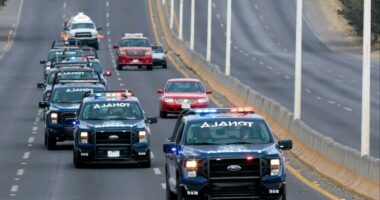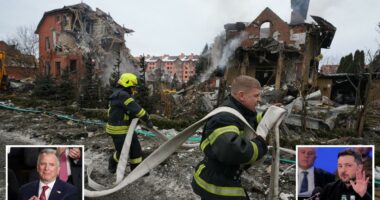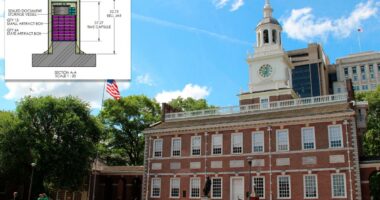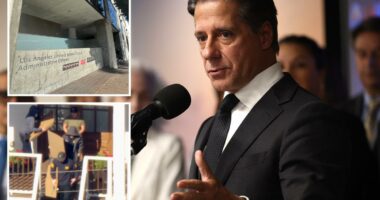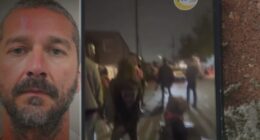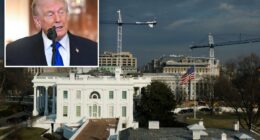Share this @internewscast.com
Two soldiers from the Israel Defense Forces (IDF) have been killed by terrorist operatives in Rafah, located in southern Gaza, putting the current ceasefire with Hamas at risk. Israeli military officials confirmed these details to Fox News Digital on Sunday.
The fallen soldiers were identified as Major Yaniv Kula, aged 26, who served as a company commander in the 932nd Battalion of the Nahal Brigade, and Staff Sergeant Itay Yavetz, aged 21, a combat soldier in the same unit. Both were stationed in the city of Modi’in-Maccabim-Reut.
Preliminary findings from the IDF’s investigation indicate that a militant group emerged from a tunnel and launched an attack on an excavation vehicle, resulting in the deaths of the two soldiers. Additionally, a reserve soldier sustained serious injuries and was transported to a hospital, according to The Times of Israel.
Professor Kobi Michael, a senior researcher at the Institute for National Security Studies (INSS) and the Misgav Institute, emphasized that this attack highlights the precarious nature of the ceasefire agreement.
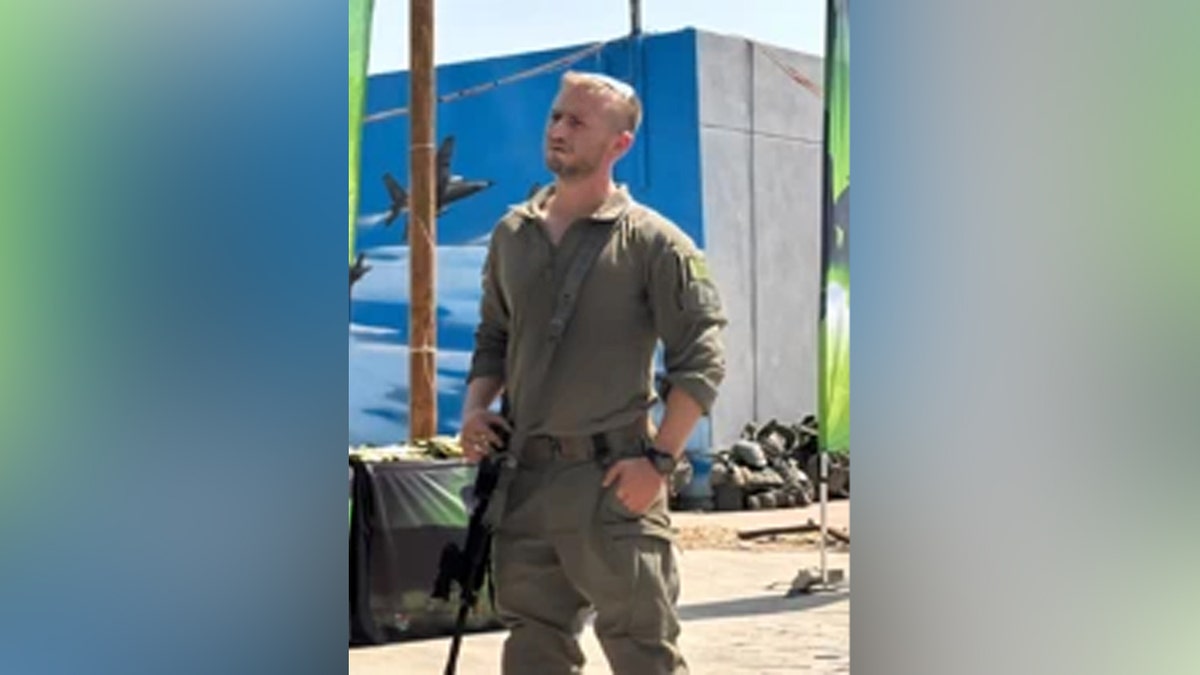
Major Yaniv Kula was tragically killed by Palestinian terrorists in the IDF-controlled region of Rafah, southern Gaza, on October 19 (IDF)
“Today’s breach of the ceasefire was significant,” Michael remarked. “I doubt this will be the last incident,” he shared with Fox News Digital.
“Israel complies [with President Trump’s] plan and wants to continue with the realization of the plan,” he said.
“This agreement was violated since the first day by Hamas,” Michael added. “And it continued with their behavior with regard to the hostages, the dead hostages.”
“All the manipulation that they are doing plays on the nerves of Israeli society,” he continued, saying the terror group is “making themselves as if they are not able… to find the bodies where everybody knows that they can.”
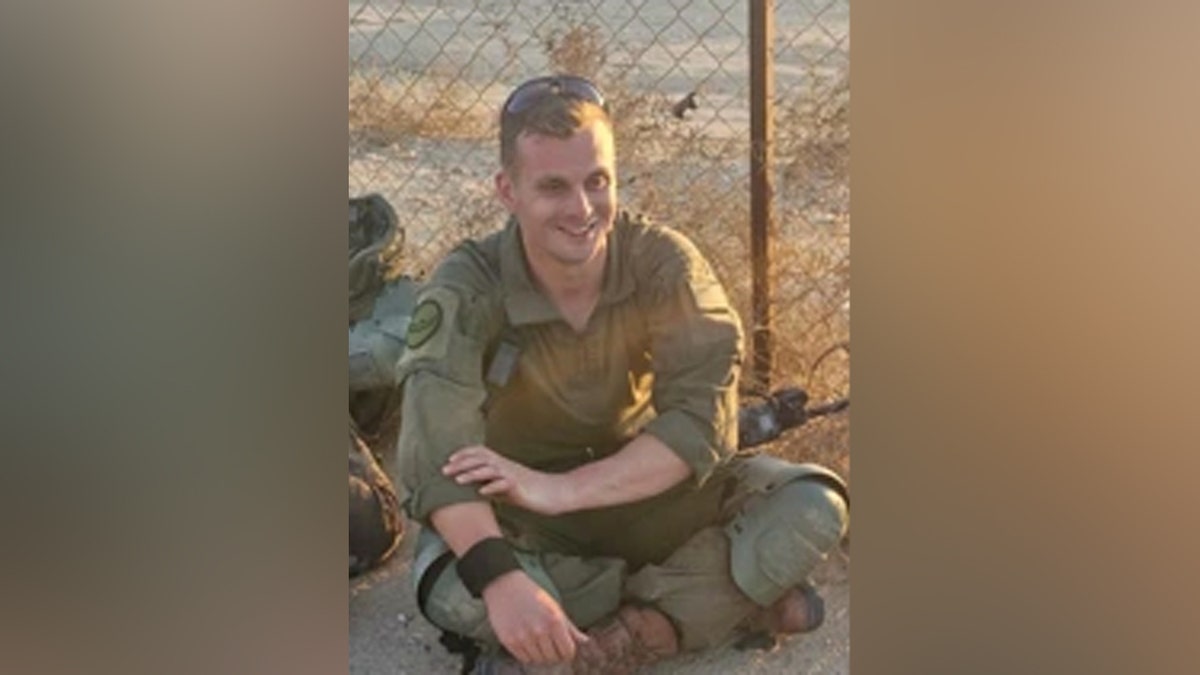
Staff Sergeant Itay Yavetz was killed by Palestinian terror operatives in IDF-controlled southern Gaza’s Rafah city on Oct. 19. (IDF)
Michael detailed how the first violation came immediately after the redeployment of the IDF along the so-called Yellow Line, “when Hamas first sent [civilian] children in order to provoke the IDF, in order to check if the IDF is aware enough and ready enough.”
“And then they sent militants of Hamas, and some of them were even killed along the yellow line,” he said.
“They continue reconstituting themselves and attacking the IDF by using the tunnels, using the shafts going out, because they now feel much freer, because the IDF left the populated area,” he explained.
Michael also cited Hamas’ “butchering” of civilians “because they suspect that they collaborated with Israel, or because they are afraid that these hamulas or clans might oppose them in the future… and weaken them.”

Terrorists in the central Gaza town of Deir al-Balah celebrate the ceasefire on Jan. 19, 2025. (TPS-IL)
In response to Sunday’s attack, the IDF launched air and ground strikes across southern Gaza.
“The IDF also struck and dismantled six kilometers of underground terrorist infrastructure, using over 120 munitions. The underground site was used by the terrorist organization to advance attacks against the State of Israel,” it said in a statement.
“The IDF will continue to respond firmly and will operate to eliminate any threat to the State of Israel,” it said.
Israel simultaneously announced a suspension of all humanitarian aid to the Gaza Strip.
Michael warned that Hamas has no intention of dismantling itself and cooperating with the plan when it comes to demilitarizing the Gaza Strip and establishing a mechanism of alternative governance.
“Hamas is still using the tunnels, and intends to reconstruct the tunnels that were destroyed by Israel, because they intend to continue the war against Israel,” he said.
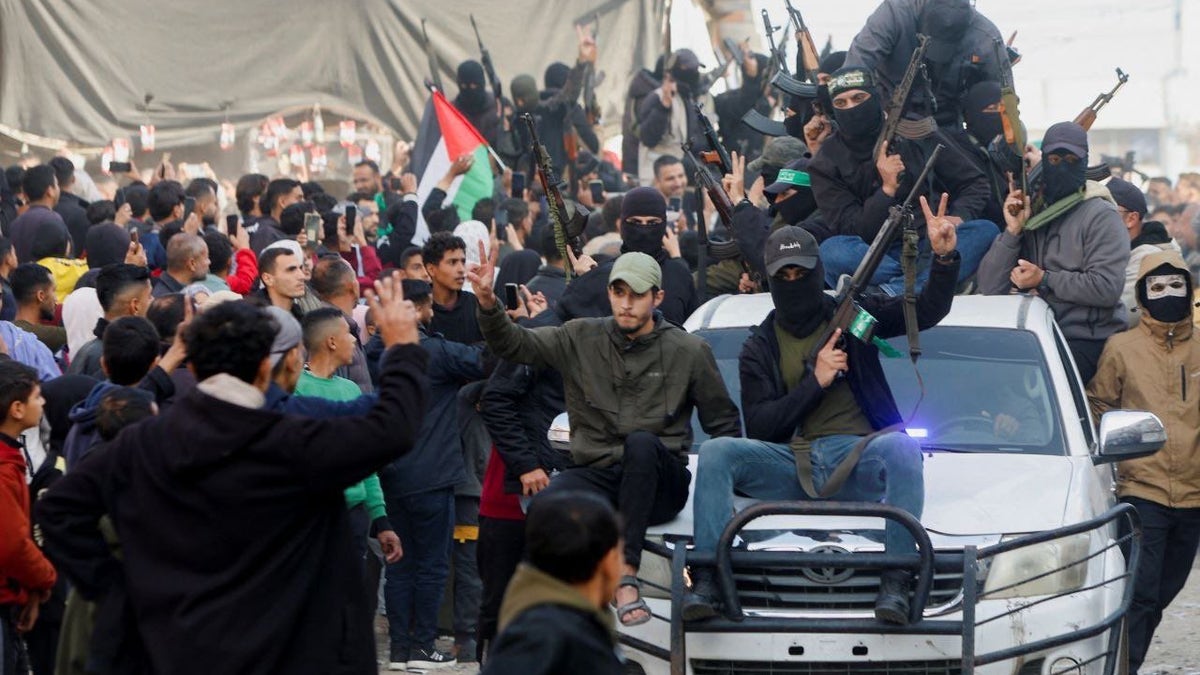
Suspected terrorists in Gaza come out of hiding as ceasefire for hostages deal gets underway in Gaza’s Deir al-Balah area. (Majdi Fathi/TPS-IL)
He said that the militant organization has been rebuilding its ranks and reasserting control in the Strip.
“They immediately recruited [thousands] of people and deployed them and are butchering their own people,” Michael said.
“They do not intend to give up on their position and influence in the Gaza Strip. They do not accept the idea of dismantling themselves. And they do not accept the idea that a foreign force or board will govern the Gaza Strip,” he concluded.
The incident comes just days after a U.S.-brokered ceasefire, which took effect Oct. 10, temporarily halted the two-year war between Israel and Hamas.
Under the deal, hostages were released in exchange for Palestinian prisoners, and a ceasefire was declared.
Later on Sunday, the IDF announced the resumption of the ceasefire, following retaliatory strikes.
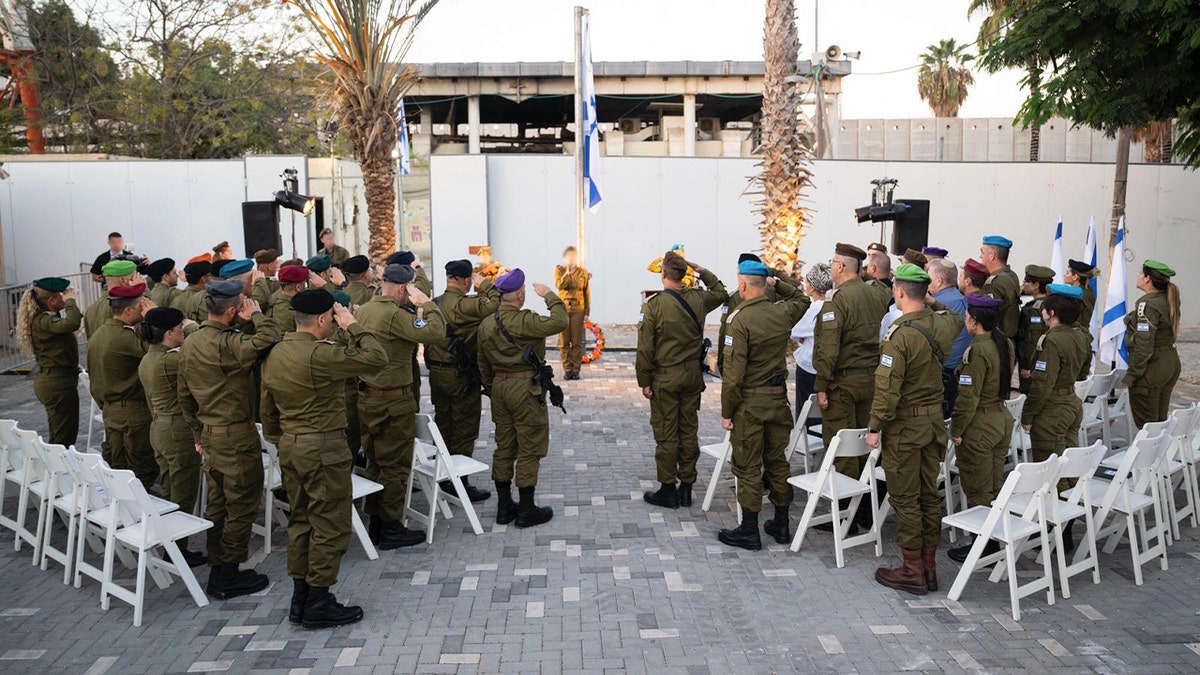
IDF soldiers salute during a memorial ceremony marking two years since the Oct. 7 attack on Nahal Oz base. (IDF Spokesperson’s Unit)
“In accordance with the directive of the political echelon and following a series of significant strikes in response to Hamas’ violations, the IDF has begun the renewed enforcement of the ceasefire,” a statement read.
“The IDF will continue to uphold the ceasefire agreement and will respond firmly to any violation of it,” the military added.
In a statement, Israeli UN Ambassador Danny Danon said: “Earlier today, two IDF soldiers, Maj. Yaniv Kula and Staff Sgt. Itay Yavetz, were killed by Hamas terrorists in Rafah in what was a flagrant violation of the ceasefire agreement.”
“We mourn their loss and send our condolences to their families. Israel has abided by the terms of the ceasefire agreement, but we will make it clear to Hamas terrorists that the IDF will do whatever it takes to protect Israel’s security,” Danon added.
Michael, meanwhile, predicted delays in reopening the Rafah Crossing, a critical entry point for aid and movement.
“I don’t think Rafah Crossing will open tomorrow,” he said. “It will take several days until it is opened,” he said.
